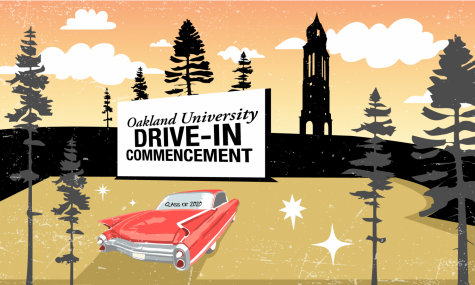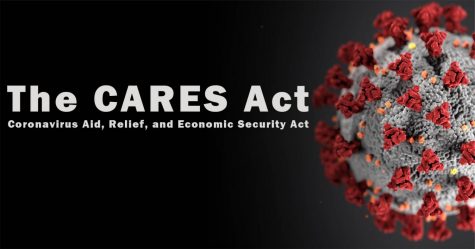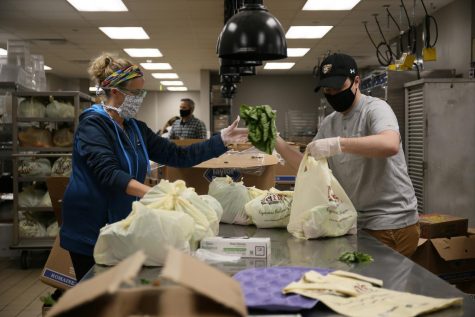Faculty weigh in on COVID-19’s economic impact on students
While the coronavirus outbreak continues around the world, the U.S. finds itself in economic turmoil. As unemployment rates rise and the stock market falls, our consumer-driven economy is working to navigate this new reality. Oakland University faculty in the School of Business Administration gave some insight into the situation, with one word trending among them — uncertainty.
“Uncertainty is the greatest concern,” said Anandi Sahu, professor of economics. “Not knowing when the number of virus infected individuals will peak and when life can return to normal has put numerous economic decisions on hold, affecting not only current economic activity, but also the future.”
Uncertainty has proven to be an anxiety-inducing factor during the COVID-19 outbreak, as it is difficult to predict a timeline.
According to Timothy Hodge, assistant professor of economics, “uncertainty leaves questions hard to answer.”
Hodge believes we will eventually bounce back. He said the economy will return after being “grinded to a halt,” but how long that takes is still unknown.
“How long we take [to bounce back] will affect just how long-term the impacts will be,” Hodge said.
Department of Economics Chair Ronald Tracy said that he was more concerned about short-term impacts of the economic downturn, such as unemployment and shortages of medical equipment, among others. He believes the COVID-19 economy will have a notable impact on individuals, as many won’t have the resources they once thought they had.
“This is horrible,” Tracy said. “It’s unbelievable what’s happening and how quickly. Unfortunately, the whole world is dealing with it. [In the] short-term, it’s chaos.”
However, Tracy still believes the downturn won’t last forever.
“After a downturn, there is no reason to believe we won’t recover and be strong,” he said.
As far as combatting our current economic state, Sahu said the battle is to be fought on two fronts: one that reduces the spread of the virus and one that supports workers.
“[We need to] reduce the spread of the virus and treat the infected the best we can,” Sahu said. “Only this step will restore public confidence. [Then, we need to] help the economy and its vulnerable workers in the most aggressive manner during the lockdown period.”
With regard to current OU students and college students in general, Hodge believes maintaining good marks and continuing to stand out will be of benefit. Hodge graduated in 2007, during a recession, and understands the stress an economic downturn can have on students.
“For students still in school, focus on the things that are required in the new marketplace,” Hodge said. “Maintain marks and stand out to get opportunities.”
He also encouraged students looking at graduate programs to apply now to increase their chances of getting in.
“With recessions, learning and retooling are in high demand,” Hodge said. “[It’s important to take] initiatives to operate in this new environment. Take the time to see what the next 10-15 years look like.”
Among a great deal of disarray, OU students can have faith that the economy will come back around.








